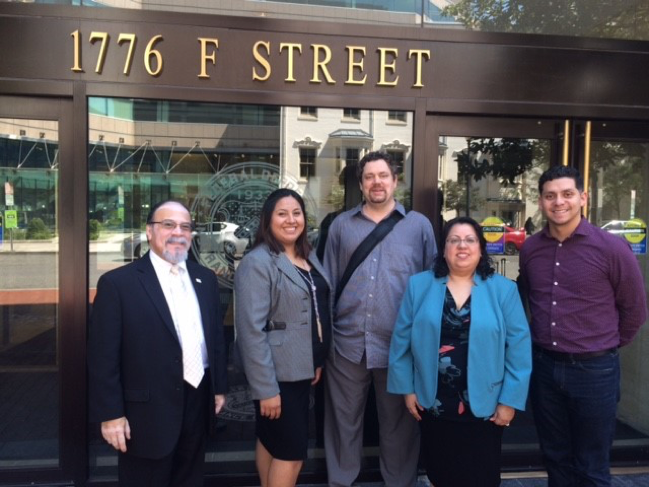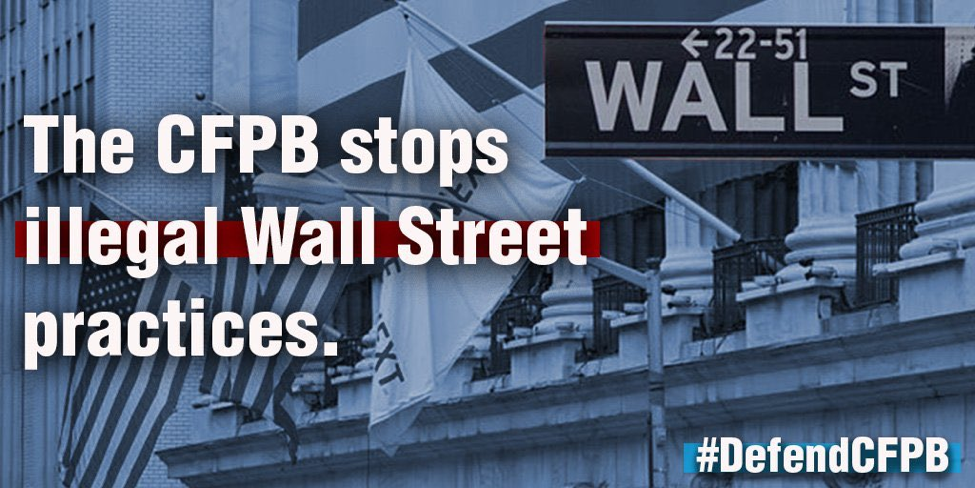Don’t Be Fooled: Payday Lenders Do Target Communities of Color
By Marisabel Torres, Senior Policy Analyst, Wealth-Building Policy Project, NCLR
In response to Javier Palomarez’s article “Alternative Lenders Offer Opportunity for Consumers and Businesses Alike,” he is correct that lower-income American households need access to small-dollar lending. However, I disagree with his support for payday lenders.
What Palomarez’s article fails to mention is that payday lenders specifically target communities of color, and their business model creates a vicious cycle of debt that is difficult for most borrowers to escape. In fact, the typical payday loan carries an exorbitant 391 percent APR, is given to borrowers without consideration of their ability to pay it back, and with direct access to their bank account.
If the product was working correctly, people would take out a loan and pay it back within the loan timeframe, which is typically two or four weeks. Yet 75 percent of the fees collected by payday lenders are from borrowers who have taken out 10 loans or more a year. Further, more than 80 percent of payday loans are rolled over or renewed within two weeks. NCLR’s (National Council of La Raza) “Truth in Payday Lending” series has exposed the financial hardship that Latinos have faced as a result of using payday loans.
This endless cycle of debt is why the Consumer Financial Protection Bureau has proposed a rule that will regulate the payday lending industry. The proposed rule will provide national standards to protect consumers and curb predatory and abusive lending. The new rule will require the lender to asses a borrower’s ability to repay the loan before taking it out, a crucial provision that is necessary to ensure its affordability for the borrower and keep them out of cyclical debt.
Payday lenders and their loans are not going away. However, the CFPB regulations will provide much-needed commonsense protections for all American consumers, including Latinos. The predatory model of payday lending has stripped millions of dollars from hardworking individuals and communities, and it’s time to put an end to it.
This was first posted to the Huffington Post



